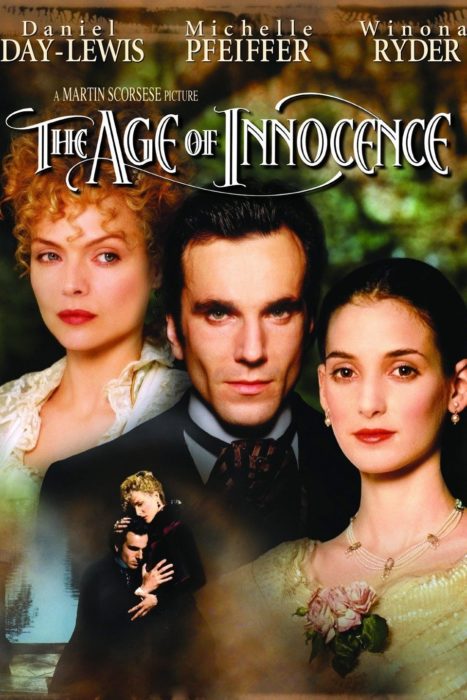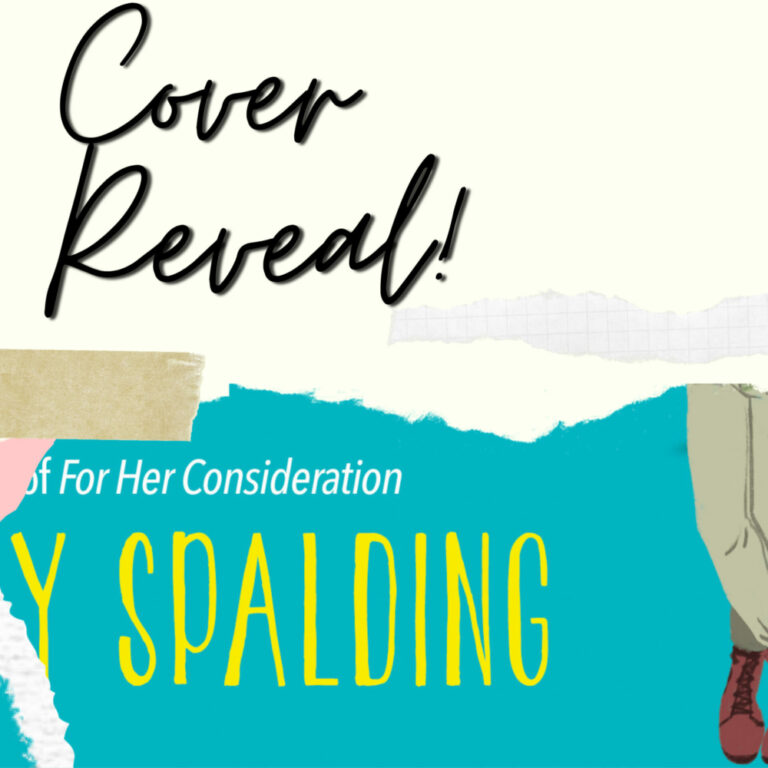Film: The Age of Innocence (1993)
Genre: Historical Drama
Overall Rating: ⅘ Stars
Content Warnings: Cheating, depression, allusions to spousal abuse.
Welcome to “is there a HEA?” an ongoing series where we review movies and TV shows that a streaming platform or audience has tagged as “romantic.”
The aim? To see if the show meets romance genre standards with a HFN or HEA ending.
Today: A historical drama called The Age of Innocence, first arriving on our radar when it was tagged as a “classic romantic movie” by Netflix (it has since switched to a different streaming platform). Let’s dive into it and start with a quick summary.
Warning: All reviews in this series will contain generalized spoilers in relation to the end.
This is one of those “classic films based on a classic book” scenarios, so when I had the chance to cover it, I jumped.
An adaptation of an American novel by the same name, The Age of Innocence is an opulent, dramatic tale about lost chances and missed connections, where a New York lawyer and a disgraced European countess fall in love. Unfortunately, the countess is unable to divorce her abusive husband. The lawyer is set to marry her cousin, May.
I’ve read The Age of Innocence book before, so right away I could see why it was flagged as romantic. And yet, I was deeply confused at the same time. Roughly following the same beats as the novel, Innocence centers its love story in a bold way, and it starts off that love story by introducing us to the young New York lawyer, Newland Archer, along with the countess Ellen Olenska. Their meeting comes amongst the glitz and the glamor of an opera soiree.
Bucking conventions to the point of rudeness, Ellen draws attention to herself like a bee to honey. Initially, Newland finds himself resentful that he is caught up in her net with all the rest. Played by Michelle Pfeiffer, Ellen casts a beautiful, tragic figure whose independence is her downfall. Right away, you can’t help but empathize with her efforts against her estranged husband and the stifling social scene in which she finds herself.
Newland, as it becomes very clear in the book and the movie, empathizes with her plight, too.
There’s this sexual tension between them, upon which all romance stories thrive; an emotional tension, brought on by their social circumstances and their significant others. Newland and Ellen’s attraction to one another is spoken in the margins, because it cannot be expressed openly. To admit the true depths of their feelings is to give into despair over the fact that their love can never be achieved.
“This other woman,” Ellen says in a pivotal scene. She is lounging despondent on a couch, smoking a cigarette, while she stares dewy-eyed into the distance. “Does she love you too?”
“There is no other woman,” Newland tells her angrily, to Ellen’s oblique reference of herself.
It’s as much a denial from him as it is a desperate plea for her to confirm that it’s true.
The physical decadence that surrounds the lovers eventually becomes a symbol of decay, exacerbated by the confines of tradition. Again, I can totally see why this film was tagged as a romance, because the “gilded cage scenario” is an age-old trope that I’m sure we’ve all seen in a book.
In The Age of Innocence movie, Ellen’s quest for happiness is clear cut. Her first marriage went so poorly that she fled across the ocean to escape it. Newland’s attempt at a second chance is more nebulous. I personally think that he comes across as more sympathetic in the novel because the novel is told from his perspective. As such, that affords him nuance.
In the film, however, some of this nuance is missing. This, combined with the surface optics of what he’s doing (cheating on his new wife with her married cousin) does not endear him. Because of this, Newland and Ellen’s happy ending is put on a collision course with a moral conundrum, one that I’m not sure that a story can overcome.
So. Does The Age of Innocence ending conclude in a happy manner?
Is There a HEA?
No.
This probably won’t come as a surprise, given the scenario. As mentioned, The Age of Innocence is a love story between a woman who cannot divorce and a man who is doomed to marry another. Eventually, these romantic barriers become insurmountable. Newland ends up “trapped” at home with a pregnant May, while Ellen flees to Paris to live alone.
This would be a bittersweet ending in and of itself, but what pushes this story from bittersweet into tragic (at least in my opinion) is that they are given a chance to reconcile with each other, years later… and they don’t.
In a nutshell, Newland is freed from his marriage and travels to Paris with his now-adult son. He stands outside Ellen’s apartment, and she knows ahead of time he is expected to visit. Instead, he turns around and leaves. It’s implied that they’ll never meet again.
The Age of Innocence is an excellent film, and it does contain a love story. I really enjoyed it, and the reasons why Newland walks away are complex. However, The Age of Innocence is not a romance, and if you’re looking for a HEA you need to look elsewhere. Here’s a list of historical romance books to start.












